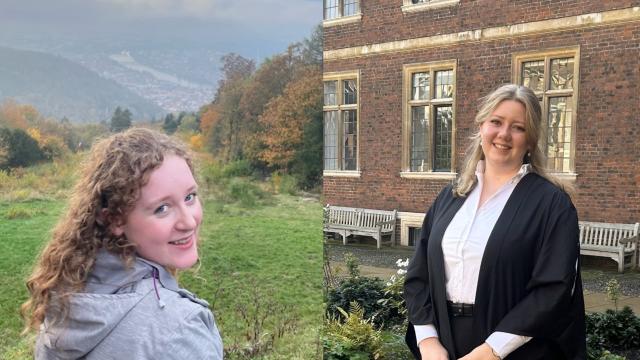
Find out here if you need to complete an Admissions Assessment before or on the day of your interview (and whether you need to register for it in advance), if you need to submit written work to support your application, and if you will be be asked to read a text or article before going into your interview.
Do I need to complete (and register for) a 'pre-interview' Admissions Assessment?
There are pre-interview assessments in most science, and a few arts and humanities subjects - you need to register for these in advance. These assessments take place at a test centre between mid-October. They are the same across all Cambridge colleges, and full details can be found under each subject entry in this webpage. Please ensure you register by the deadline - the deadline will be updated in spring 2024.
Subjects with pre-interview assessments:
| Chemical Engineering and Biotechnology | Computer Science | Economics |
| Engineering | Law (LNAT) | Medicine (UCAT) |
| Natural Sciences | Veterinary Medicine |
Will I need to complete an 'at-interview' Admissions Assessment?
There are at-interview assessments in some arts and humanities subjects. You do not need to register for these, and will be sent full details about them if you are called for interview. There is more information about the format of these tests at this link.
Will I need to read something before the interview?
In some subjects you may be given some pre-interview reading to discuss in the interview. If invited for an interview, you will be given full details of how and when this reading will be sent to you - we will make sure you have enough time to study it!
Subjects in which there may be pre-interview reading:
| English |
| Geography |
| History |
| History & Modern Languages (Language component) |
| Law |
| Modern & Medieval Languages |
| Music |
| Theology and Religious Studies |
Do I need to submit written school work?
To support applications in some subjects, we require you to send us some of your written work. These enable us to assess the quality of your academic writing in the subject you wish to study, and they may be discussed at your interview. If your subject is not listed below, you do not need to send us any written work.
You will be sent full details of what to send us, but in general:
- The essays you submit should be copies of accredited essays (not coursework), with your teachers' comments if possible.
- The essays should not normally be longer than 2500 words.
- If your school subject combination means that you cannot send us exactly what is listed below (e.g. a modern linguist with no additional 'essay subject'), do not worry - just contact the Admissions Office and we will work out an alternative.
- You do not need to type your essays.
The deadline for submission of this material in 2024 will be in early November.
Requirements for submission of written work:
| Anglo-Saxon, Norse & Celtic | Two pieces of written work. |
| Asian & Middle-Eastern Studies | One essay in English on a substantive topic. If you are applying to study a European language as part of the AMES course, please also send an essay in that language. |
| Classics | Two pieces of written work from essay-based subjects that you are already studying (eg. History, English, Languages, Classical Civilisation). |
| English | Two essays from your English course. |
| History | Two essays from your History course. |
| History and Modern Languages | One essay from your History course and one essay in the foreign language for which you are applying. If you are applying for a language ab initio, please send an essay in English in an essay-based subject. |
| History and Politics | Two pieces of written work. |
| Human, Social and Political Science | Two pieces of written work. |
| Modern and Medieval Languages | All applicants should send in two pieces of written work. If you are applying to continue an A-level (or equivalent) language, please send one piece of work in this languages. The other should be an essay in English from another essay-based subject. |
| Music | Two pieces of school work, which can be from the fields of music history, analysis and composition (harmony and/or counterpoint exercises). |
| Theology and Religious Studies | Two pieces of written work |


